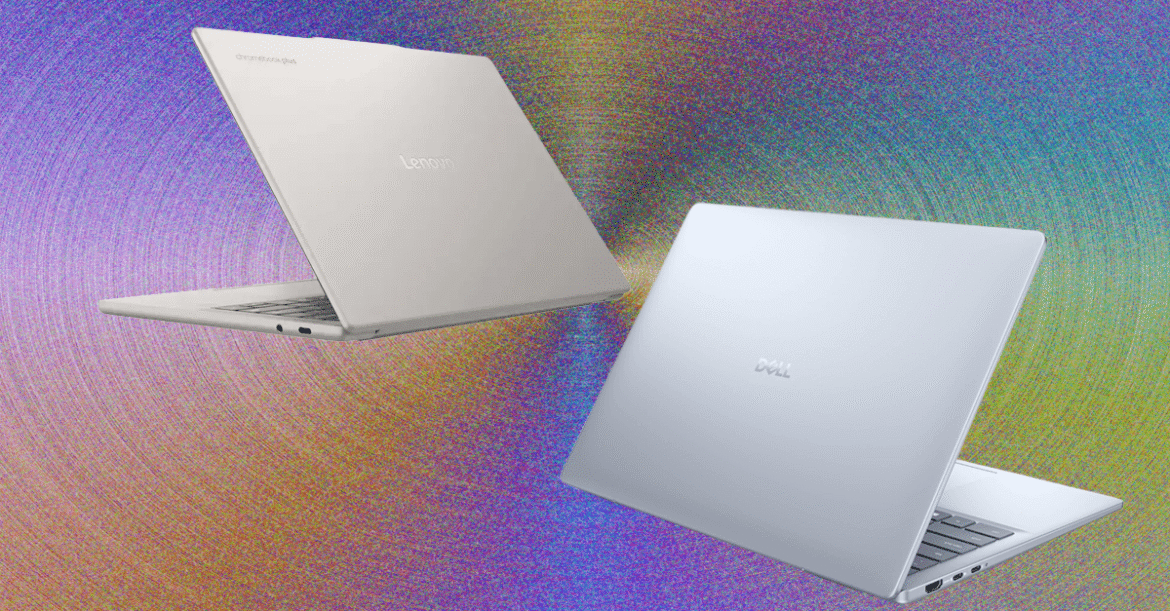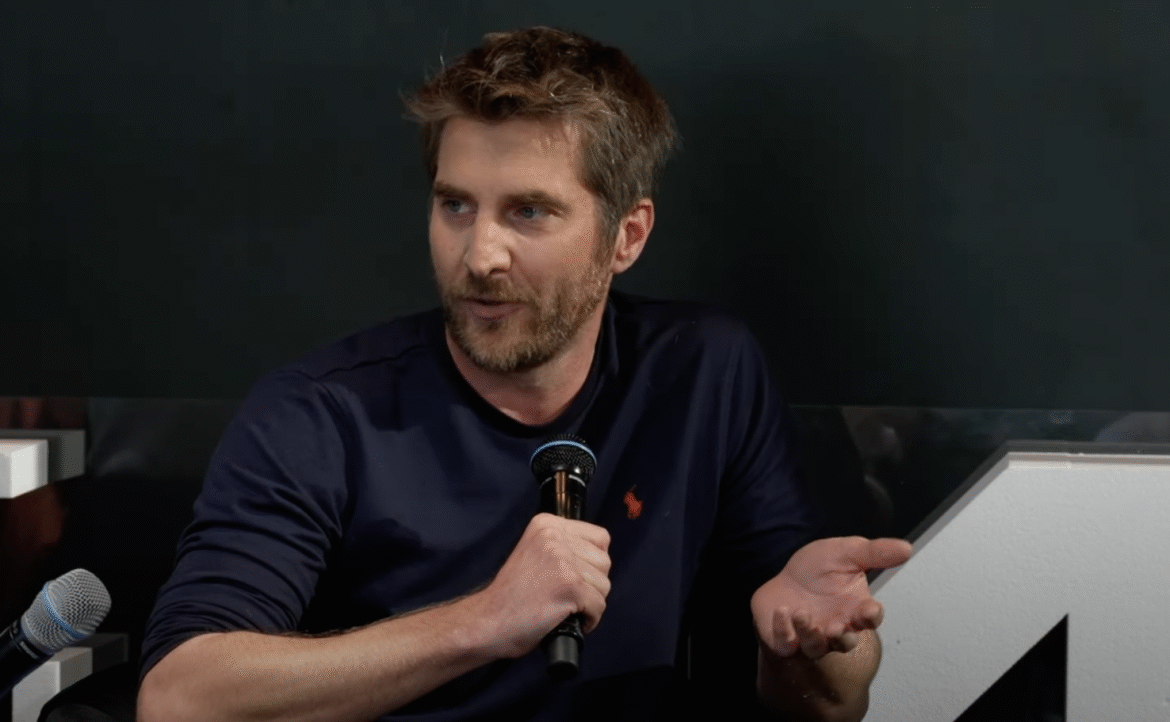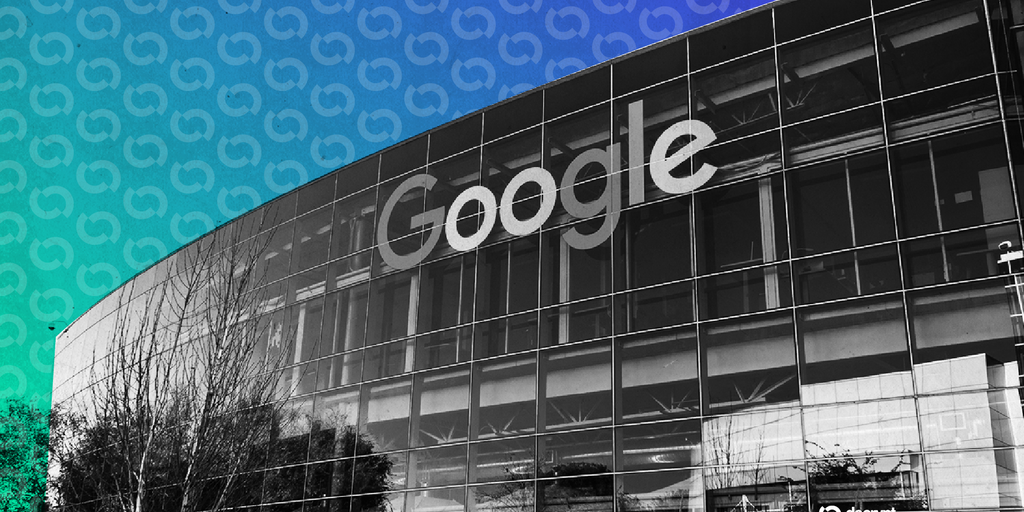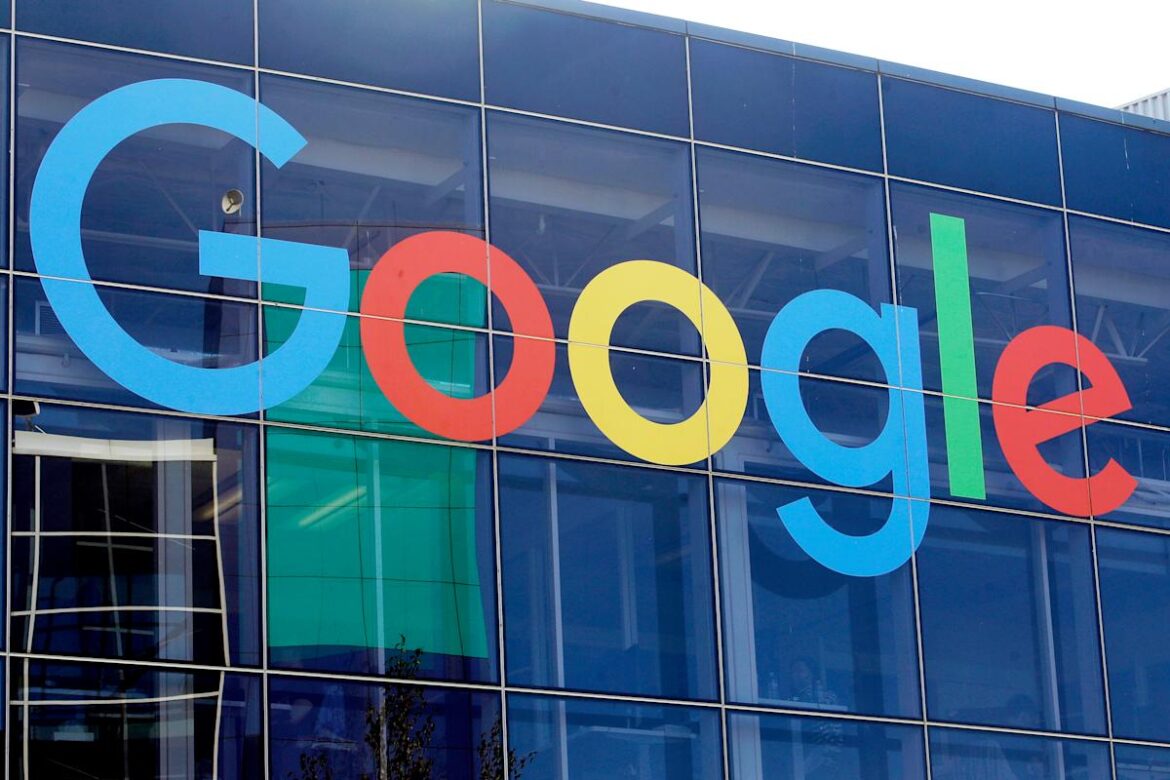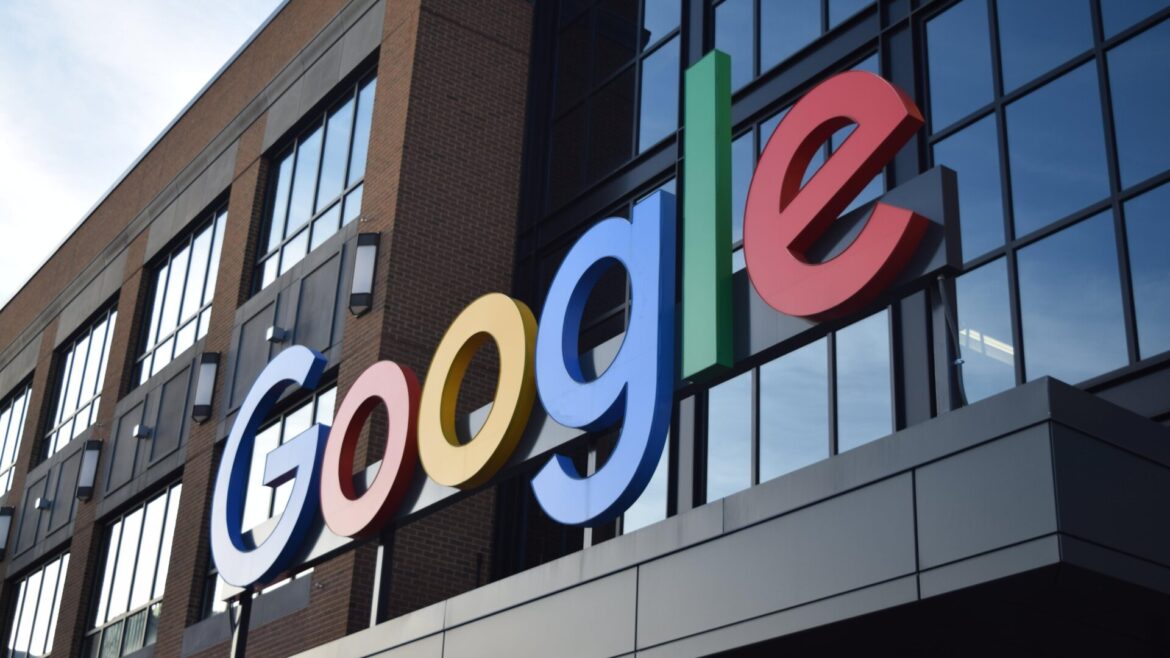The big limitation with Chromebook software is in downloading applications from the web. With Chromebooks, you just can’t. So that means you can’t download more advanced software like video editing, photo editing, or industry-specific applications. The only apps you can download are the Android apps you’ll find in the Google Play Store. This can be helpful to fill in the gaps, though most of the web apps will be better solutions, as not all of these apps are well-optimized for touchpads. Fortunately, there are many touchscreen-enabled Chromebooks that feel more natural to control.
Because it’s primarily a web browser, Chromebooks aren’t as useful when away from Wi-Fi. You can still use offline mode in some applications like Google Docs, but for the most part, you’ll want to stay connected. These days, I’m not sure that’s too different from how people use Windows laptops.
Hardware compatibility is the other big issue you may run into. Most printers, mice, keyboards, and other accessories should work just fine on Chromebooks. In some cases, such as Wacom tablets, there are some models that Google has specifically certified. But again, it’s some of the industry-specific gadgets that will cause problems with Chromebooks. For example, I can’t use my USB colorimeter, which is how I test and calibrate screens. Because there’s no compatible software, that colorimeter doesn’t work. By contrast, Windows is the default native operating system, meaning every application imaginable is available to download.
Chromebook Plus vs. Windows Laptops
Photograph: Luke Larsen
Photograph: Luke Larsen
Photograph: Luke Larsen
While the best laptop hardware is still found in Windows laptops and MacBooks, Chromebooks are catching up. The “Chromebook Plus” certification has helped over the past couple of years, which is Google’s relatively recent program to increase the hardware standards of Chromebooks.
Chromebook Plus models are required to have faster chips, like an Intel Core i3 or AMD Ryzen 3, as well as at least 8 GB of RAM, 128 GB of storage, and a 1080p IPS display. You can find a lot of Chromebook Plus models for around $500, too, such as the Acer Chromebook Plus 515 or the HP Chromebook Plus x360.
But this year, the standard got moved up even further with the Lenovo Chromebook Plus 14. As I stated in my review, this is the best Chromebook ever made, going above and beyond the requirements of Chromebook Plus. It’s got a bright OLED display, has a solid webcam and speakers, up to 16 GB of RAM, and up to 256 GB of storage. Even more importantly, it gets fantastic battery life, competitive with some of the latest Windows laptops. For $750, that’s a really solid deal for the hardware. It has a better display than something like the Asus Vivobook 14, and you’d be hard-pressed to find something at this price with better hardware. You can make the argument that you’re getting a more limited software experience, but in terms of hardware, it’s a great value.
There is some Windows laptop hardware you’ll never get on Chromebooks, such as discrete graphics. You’re probably not considering a Chromebook if you’re a PC gamer anyway, unless it’s just for game streaming via GeForce Now or Xbox Game Pass.
Why Buy a Chromebook in 2025?
Chromebooks are more than just cheap laptops, but that doesn’t mean they don’t excel at those lower prices. Around $500 is the cut-off point for what I’d consider to be truly cheap laptops, and you’ll always have to accept some level of compromise in that tier. Windows laptops under $500 are often bloated, overly thick, poor performers that are both ugly and have disappointing battery life. Most often, they are not good options, even for students.
On the contrary, there are lots of Chromebooks under $500 that will do you much better. I recently tested the Asus Chromebook CX14 and CX15, both of which are under $300. These aren’t perfect laptops by any means, with lower-quality screens than I’d like. But as a basic laptop, it’s certainly better than any $300 Windows laptop you’d be able to find.

